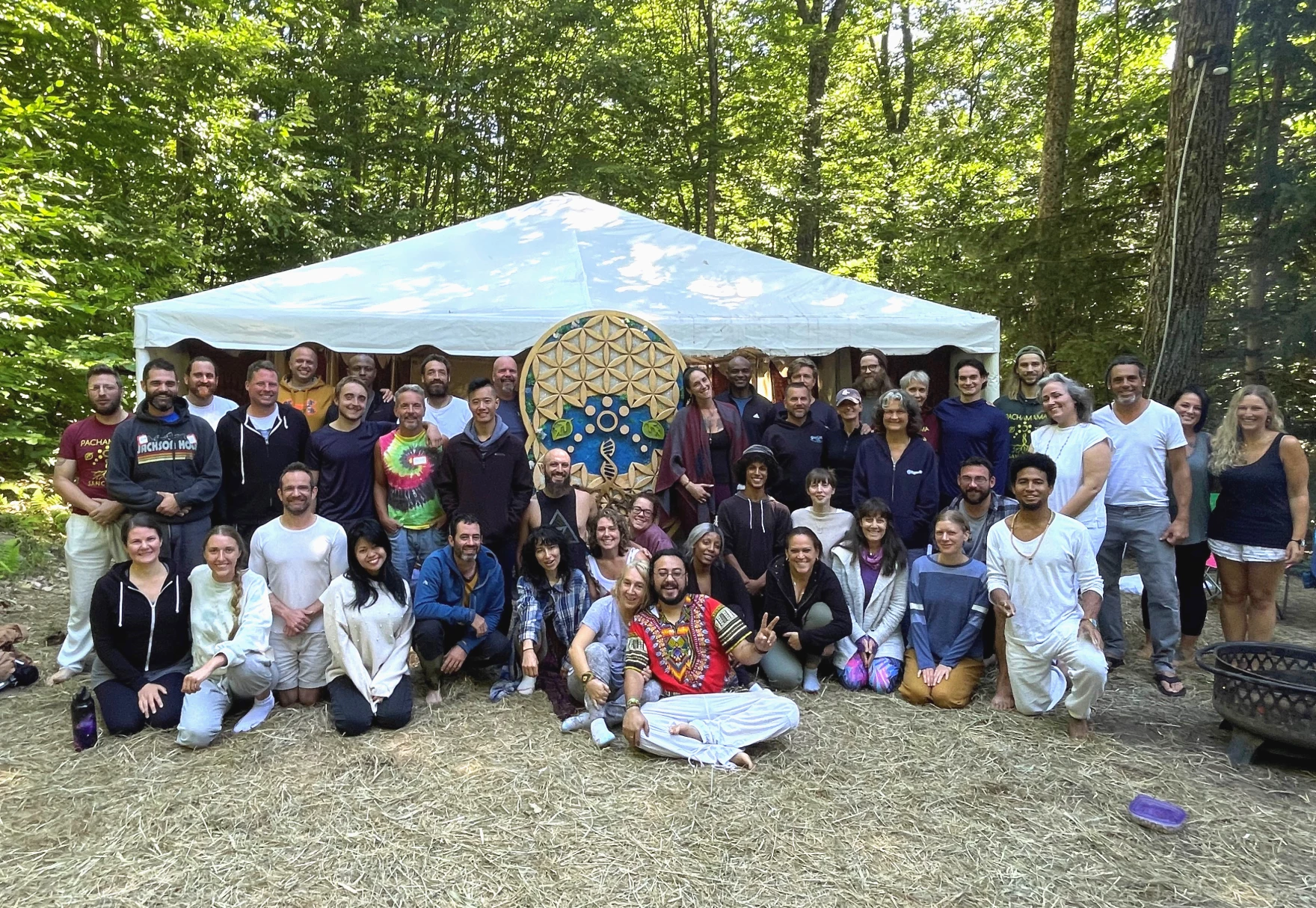A church that hosted ayahuasca ceremonies in Canterbury is reopening in Maine, after facing regulatory pressure from local officials in New Hampshire.
Pachamama Sanctuary, led by Pastor Derek Januszewski, began hosting multi-day ceremonies at a rented residential property in Canterbury in 2019. During those sessions, visitors would drink a small amount of ayahuasca, which is made from plants native to South America, where indigenous tribes have used it for centuries during healing ceremonies.
The town eventually issued a cease and desist order against Januszewski last summer, though, after he failed to provide proper documentation for the facility’s smoke alarms and septic systems, as well as snow removal plans in case of an emergency.
Late last year, Januszewski temporarily shuttered the church while he scouted a new location. Initially, he said he hoped to reopen in New Hampshire. But Pachamama recently announced its new 40-acre facility will be located 30 minutes outside of Portland, Maine. Januszewski declined to release the exact location but described it as an “outstanding property.”
“We tried in New Hampshire and kept having challenges with the suitable properties and this one came available and it just flowed perfectly,” he told NHPR. “It wasn't our intention to move to Maine, but that's what the universe had in store for us!”
After Januszewski shuttered the Canterbury location, he faced criticism from some who alleged he misused church money. Januszewski acknowledged that he communicated poorly with guests, but he denied he mishandled any funds and pledged to offer those who had placed deposits an opportunity to visit the church when it opened its new location.
Pachamama’s website advertises four weekend ayahuasca sessions in August and September at its new location. The suggested “donation” is $888.
Ayahuasca exists in a legal gray zone in the United States. Indigenous tribes in the Amazon have used it for centuries to potentially heal physical or mental distress. In recent decades, it’s gained popularity among Americans eager to experience the tea’s hallucinatory effects. Some people have also turned to ayahuasca as an attempted remedy for substance misuse disorder, though researchers say there is not enough evidence to confirm its effectiveness. The drug can also pose a risk to people with certain health conditions.
In 2006, the United States Supreme Court ruled that the government could not stop a New Mexico church from offering the substance to its congregants. However, ayahuasca’s active ingredient, dimethyltryptamine, or DMT, remains a controlled substance under federal law, and thus illegal to consume.



